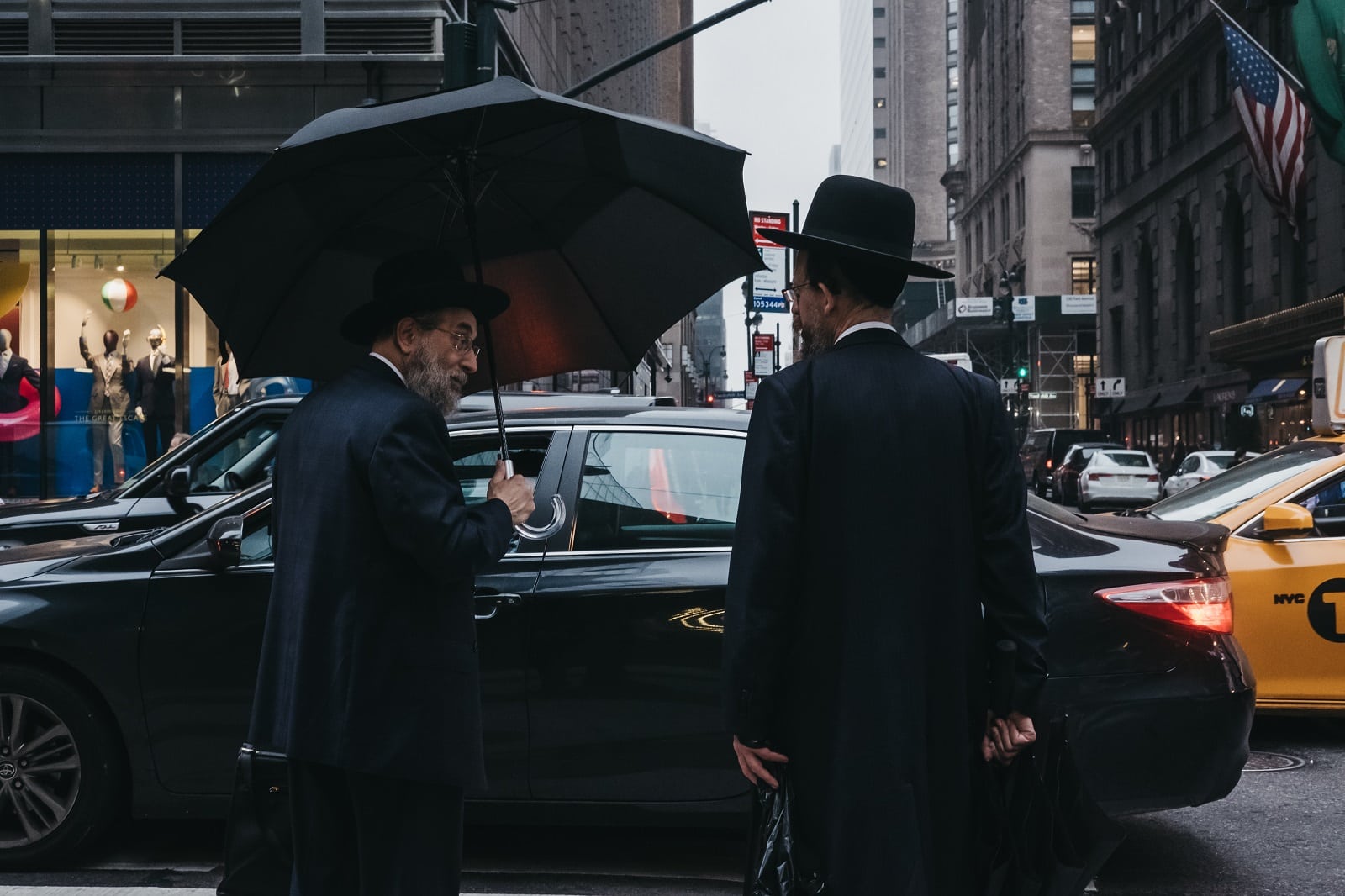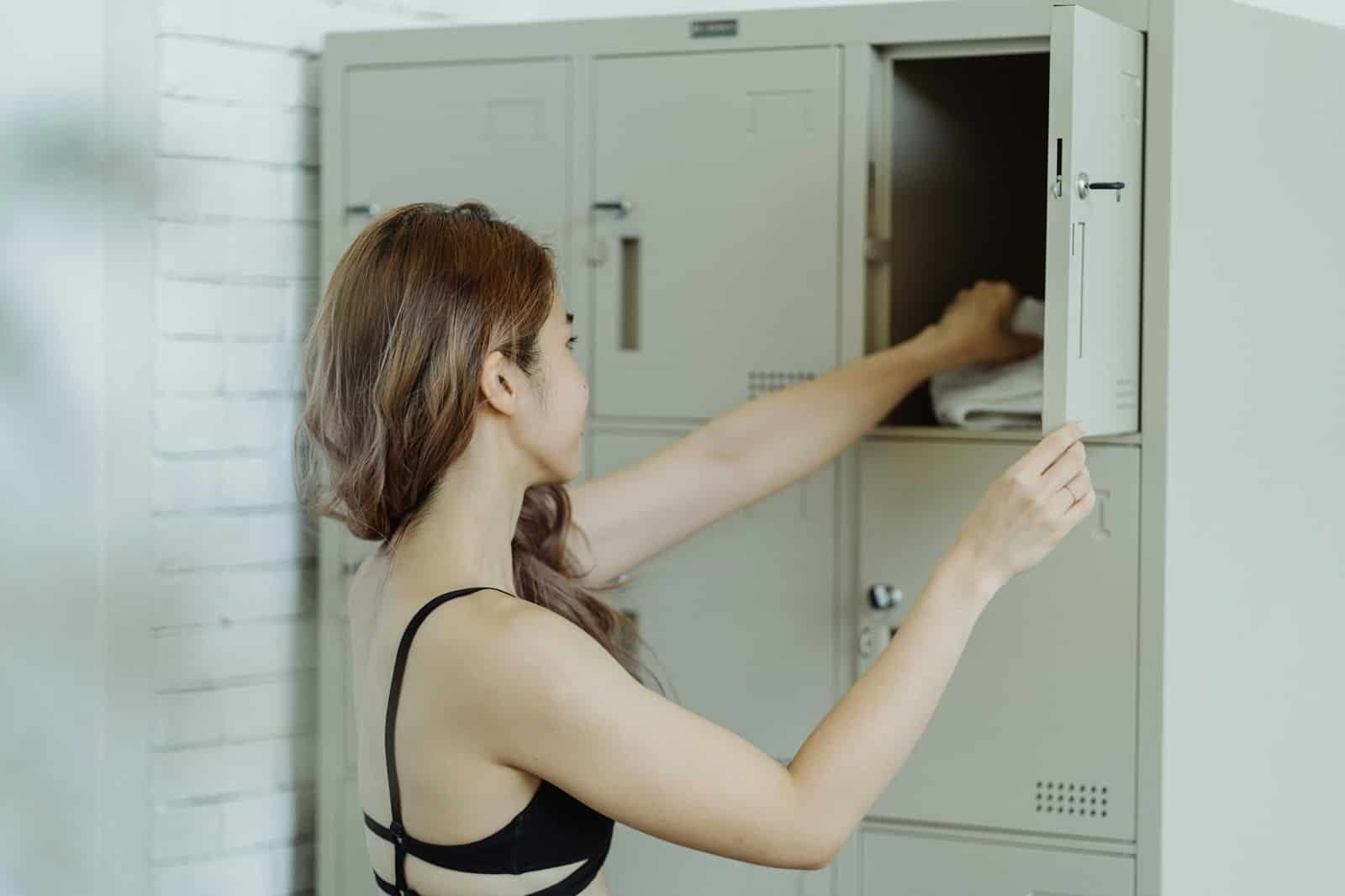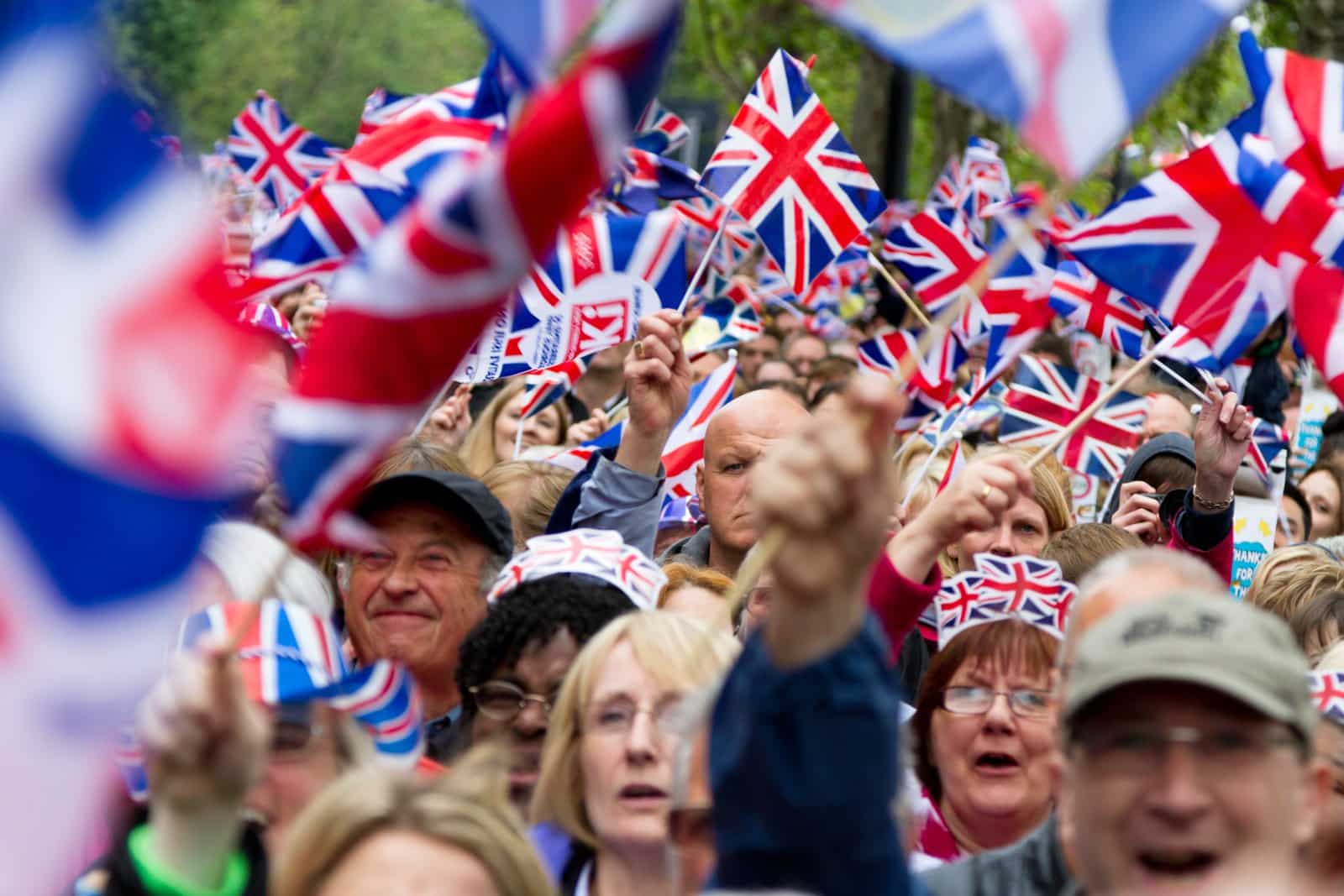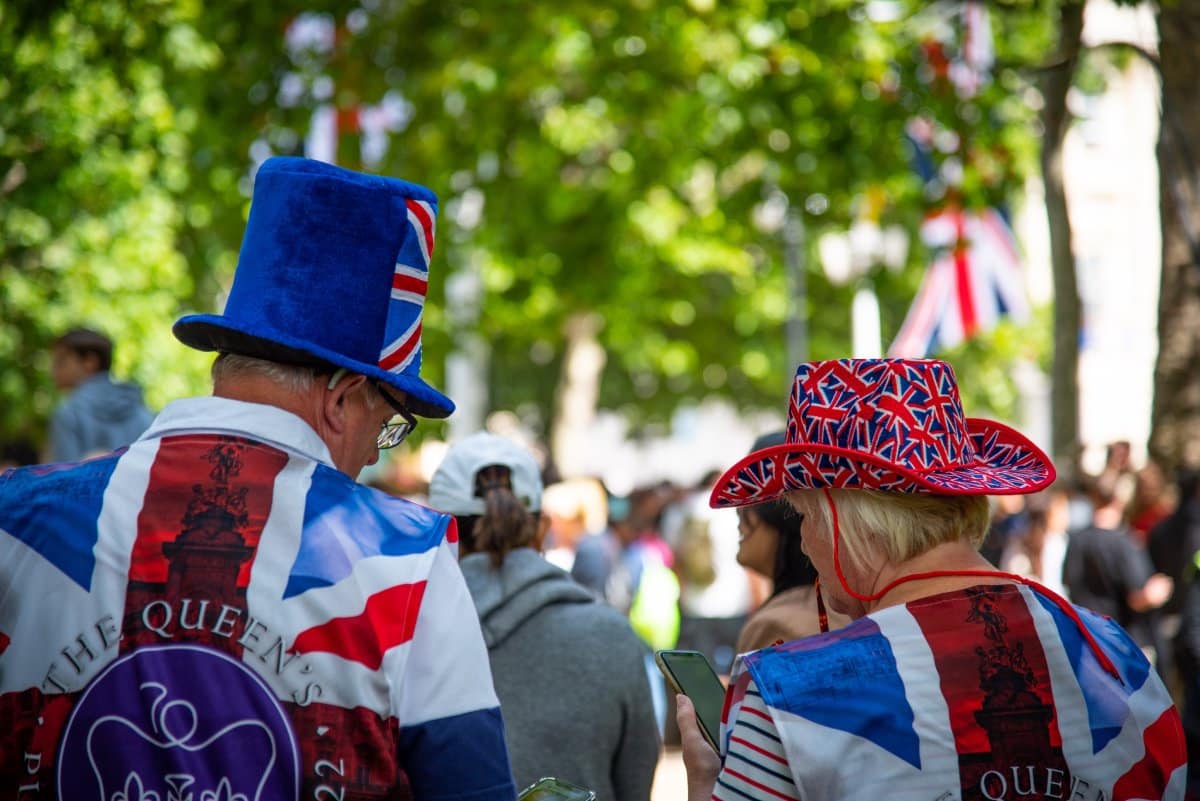Exploring British English reveals a collection of unique and often humorous words that can baffle outsiders. Here’s a quick look at 21 terms that capture the playful spirit of British linguistics.
#1. Brolly

Short for an umbrella, because apparently anything that protects you from the rain needs a cute nickname. Useful for those notorious 14 seconds of unexpected sunshine before the clouds regroup.
#2. Chuffed

To be very pleased about something. Not to be confused with being puffed out, though you might be chuffed after a good puff, meaning run.
#3. Faff

To dither or fuss around. The British have elevated procrastination to an art form, and this word is the paintbrush.
#4. Gobsmacked

Astonished or amazed. The kind of shock that metaphorically slaps you across the face. No gobs were harmed in the making of this expression.
#5. Kerfuffle

A fuss or commotion, often over something minor. It’s the verbal equivalent of tripping over a pebble and turning it into a Broadway production.
#6. Knackered

Extremely tired or exhausted. Not to be confused with the fate of old horses, though the feeling might be similar.
#7. Miffed

Annoyed or upset. It’s like being miffed is the polite way of saying you’re irked, without causing a kerfuffle.
#8. Naff

Something that’s a bit tacky or unfashionable. It’s the polite way of saying, “That’s not very nice,” about your friend’s new haircut without actually saying it.
#9. Nutter

A crazy person. But in Britain, it’s almost a term of endearment. We all have a favourite nutter.
#10. Pants

Not the American trousers, but the British underwear. Leads to much confusion when an American says they need to change their pants after a sudden downpour.
#11. Peckish

Slightly hungry. Because saying you’re hungry is just too straightforward.
#12. Quid

Slang for the British pound. Handy for when you want to sound more British while haggling at a car boot sale.
#13. Skint

Having no money. Often occurs after spending too many quid.
#14. Squiffy

A little bit drunk. Not fully sloshed, just pleasantly tipsy.
#15. Tosh

Nonsense. Because the British needed another way to express disbelief at the absurd.
#16. Twit

A foolish or annoying person. It’s almost affectionate in its disdain.
#17. Waffle

To talk or write a lot without saying anything important. Not to be confused with the delicious breakfast item, though both can be syrupy.
#18. Whinge

To complain persistently. Whinging is to complaining what tea is to beverages—quintessentially British.
#19. Wonky

Something that’s unsteady or not quite right. Like a table with one short leg or the current state of British politics.
#20. Zonked

Completely exhausted. For when “knackered” just doesn’t quite cover it.
#21. Bob’s Your Uncle

And there you have it; a phrase that magically concludes processes or instructions. The origins are as mysterious as the reason why Bob gets all the credit.
And there you have it — a quick tour of British linguistic quirks. These words not only amuse but also showcase the charm of British English. Now, with a bit of luck, you won’t be totally gobsmacked next time you hear them!
Featured Image Credit: Shutterstock / Loredana Sangiuliano.
For transparency, this content was partly developed with AI assistance and carefully curated by an experienced editor to be informative and ensure accuracy.

